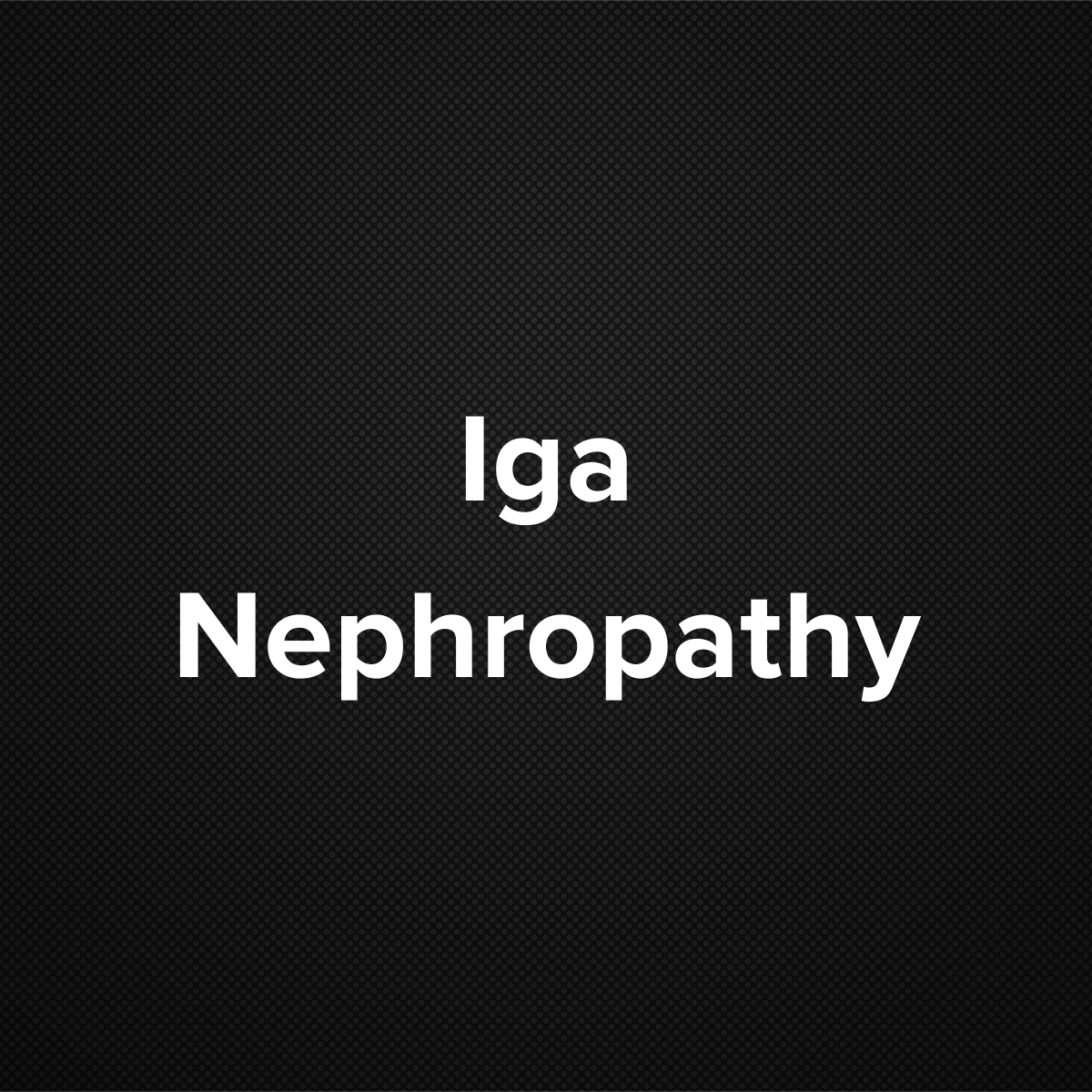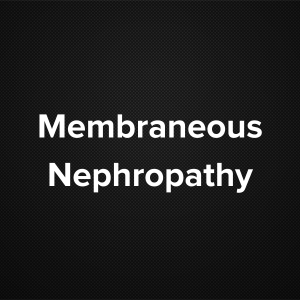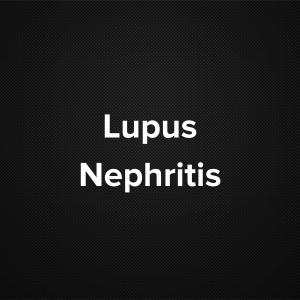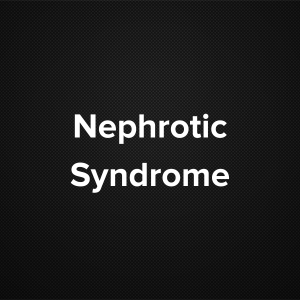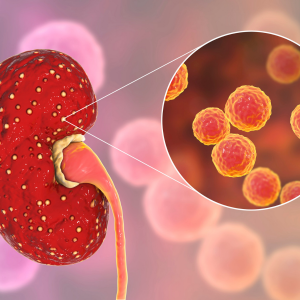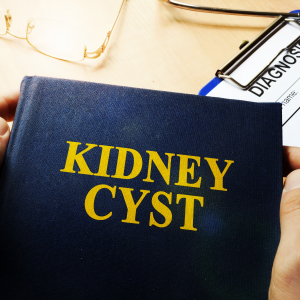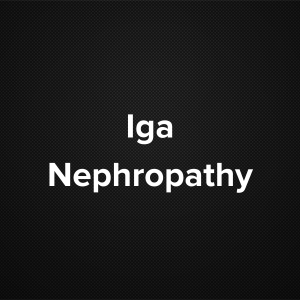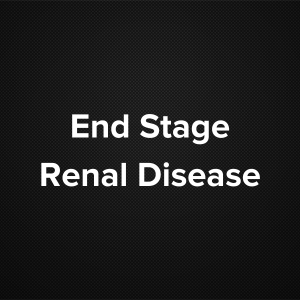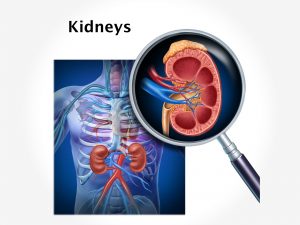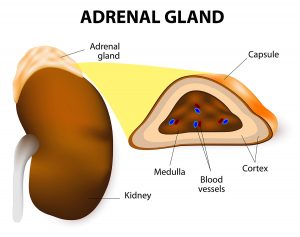Causes and risk factors
IgA antibody is a protein present in the blood. The antibodies form important part of immune system, and help in the defence mechanism to combat harmful infections. IgA nephropathy is caused by too much IgA protein deposits in the kidneys. It builds up in small blood vessels of the kidney. This causes inflammation of the structures inside the kidney like glomeruli, which gradually hamper kidney functions [ability to filter waste, excess water and electrolytes from blood].This condition can occur in people of all ages, but is more common in males. Risk factors associated with IgA nephropathy include family history of IgA nephropathy, history of Henoch schonlein Purpura. Exposure to viral or bacterial infections sometimes predispose to IgA nephropathy.
Clinical presentation
Patient with IgA nephropathy is asymptomatic for many years. Patient presents with proteinuria and heamaturia i.e. protein and blood in urine. Symptoms that develop later include bloody urine/ Cola- or tea-coloured urine, foam in the toilet water due to protein in urine, symptoms of chronic kidney disease, repeated episodes of dark or bloody urine. There is swelling of the hands and feet, high blood pressure. Patient experiences pain in sides of back i.e. flanks.
Investigation
Medical history by the patient and Clinical examination by the doctor helps in diagnosis. IgA nephropathy is discovered, when patient observes blood in urine. High blood pressure or swelling of the hands and feet will lead to further investigations. Doctor may order tests such as renal function test for creatinine levels, Blood urea nitrogen [BUN] blood test to measure kidney function, Routine Blood test .Urinalysis is advised. Imaging studies such as Kidney ultrasound, Kidney X-rays, Cystoscopy may be useful for further evaluation. Urine immunoelectrophoresis is recommended. Kidney biopsy confirms the diagnosis in difficult cases.
Treatment
The aim of the treatment is to slow the progress of the disease, relieve the symptoms and prevent renal failure. Medical treatment involves antihypertensive medicines, immunosuppressant drugs, and cholesterol reducing medicines [statins]. Dietary measures such as low salt and fluid intake, low to moderate protein intake will also help in managing the condition. Further treatment may consist of chronic kidney disease. Haemodialysis may be required in later stages in cases of chronic renal failure.
Other Modes of treatment
The other modes of treatment can also be effective in treating IgA nephropathy. Homoeopathy is a science which deals with individualization considers a person in a holistic way. This science can be helpful in combating the symptoms. Similarly the ayurvedic system of medicine which uses herbal medicines and synthetic derivates are also found to be effective in treating IgA nephropathy.
